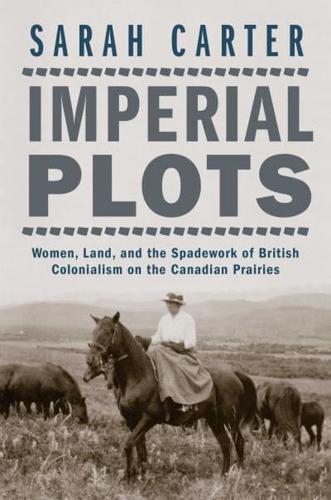Publisher's Synopsis
Sarah Carter's Imperial Plots: Women, Land, and the Spadework of British Colonialism on the Canadian Prairies examines the goals, aspirations, and challenges met by women who sought land of their own.Supporters of British women homesteaders argued they would contribute to the ""spade-work"" of the Empire through their imperial plots, replacing foreign settlers and relieving Britain of its ""surplus"" women. Yet far into the twentieth century there was persistent opposition to the idea that women could or should farm: British women were to be exemplars of an idealized white femininity, not toiling in the fields. In Canada, heated debates about women farmers touched on issues of ethnicity, race,gender, class, and nation.Despite legal and cultural obstacles and discrimination, British women did acquire land as homesteaders, farmers, ranchers, and speculators on the Canadian prairies. They participated in the project of dispossessing Indigenous people. Their complicity was, however, ambiguous and restricted because they were excluded from the power and privileges of their male counterparts.Imperial Plots depicts the female farmers and ranchers of the prairies, from the Indigenous women agriculturalists of the Plains to the array of women who resolved to work on the land in the first decades of the twentieth century.








